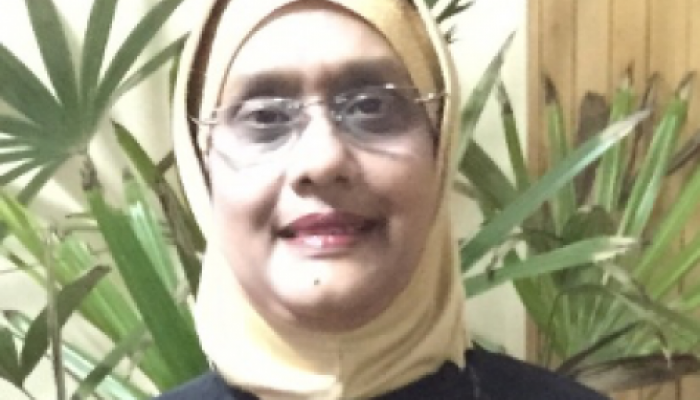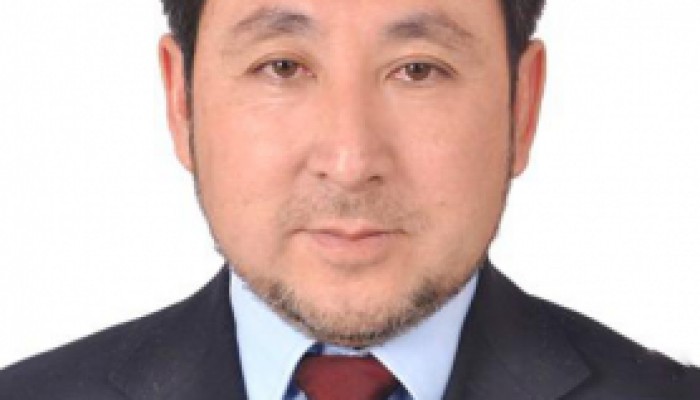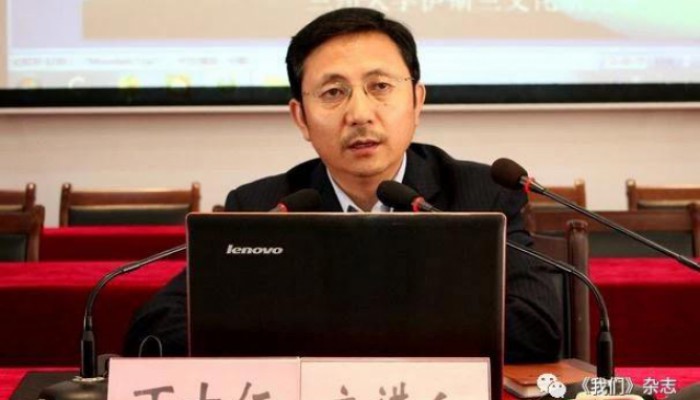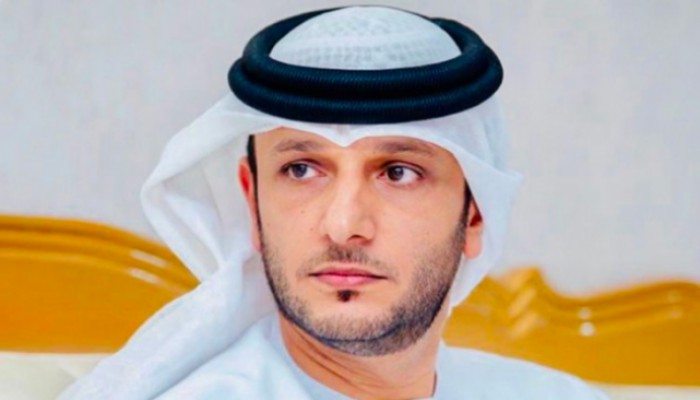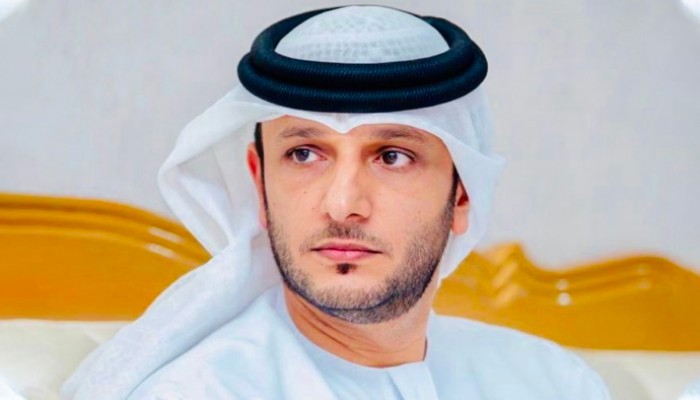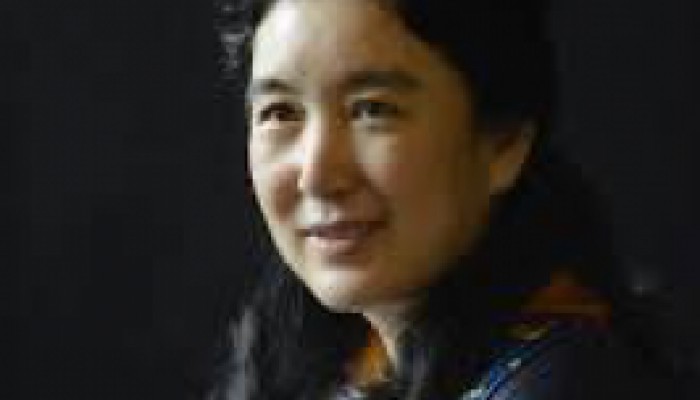
The New Zealand Muslim Community: A Brief History
- 2019-Aug-28
According to the 2013 census there are presently 47,799 Muslims in New Zealand: around 21% were born in the Pacific Islands, 25% in New Zealand, 23 % in Africa and the Middle East and 26% in Asia. These statistics revealed that over 32,000 Muslims live in Auckland and that 20,000 Muslims in New Zealand identified as Asian. I believe much can be learnt through an examination of the history of Muslims in New Zealand. Since the 1990s, a very tiny Muslim minority in New Zealand has expanded briskly and become ever more diverse in composition and geographical spread.
Mainstream political discourse and political responses to these overlapping Muslim communities have not reflected the antipathy towards Islam that is identifiable in North America or a number of European societies. The response of the New Zealand government towards Muslims has been one of benign but apparent neglect; conversely Muslims seem to have lived fairly unobtrusively. New Zealand Muslims face a number of challenges in choosing to reside inside an ostensibly Western country. One core issue of this multi-confessional integration revolves around the subject of their place within a complex, evolving society.
The first Muslims to visit New Zealand were Asian sailors, lascars, who were employed on board European ships. Two Muslim men from India toured the Northland coast in December 1769 on a French vessel named the Saint Jean-Baptiste.. Following this voyage, many British East India Company ships with lascar crews and even a few sepoys visited New Zealand.
In April 1854, the first Muslim family to reside permanently arrived when Wuzerah and his family entered Lyttelton harbor and settled in Cashmere, in the Canterbury province. He and his sons were employed by Sir John Cracroft Wilson. Later Wuzerah was involved in transporting stone from the Port Hills to the Anglican Christchurch Cathedral when it was constructed. He died in 1902 and was buried in Sydenham, Christchurch.
From the 1890s men from the Punjab and Gujarat regions of India started arriving to pursue work opportunities and after the 1930s some of these men (or their sons) began to bring out wives and children. In 1950 the first Islamic organization in this country was created when the “New Zealand Muslim Association” was formed in Auckland. At the time there were about 200 Muslims in the entire country. In 1951 the refugee boat MS Goya brought dozens of Muslims fleeing eastern Europe to Wellington. In 1954 Avdo Musovich (1919-2001) from Montenegro jumped ship in Auckland and claimed political asylum. He became involved in the Muslim Association Executive Committee until 1981. In 1959 Akif Keskin (1923-1991) from Macedonia established the first Turkish restaurant in all New Zealand, in Dunedin. That same year, the New Zealand Muslim Association purchased a property for use as an Islamic Centre and the following year Maulana Ahmed Said Musa Patel (1937-2009) arrived from the Gujarat to serve as the first official Mullah. The Association erected the first purpose-built mosque in New Zealand over 1979-1980, in Ponsonby, central Auckland.
Over the 1960s and 1970s there was an influx of east European, Asian and Fiji Indian migrants, refugees and students who facilitated the development of new Muslim organizations across the main cities and provinces.
In 1979 there were around 2000 Muslims in all New Zealand and agents of the various Islamic Associations convened to construct a national Muslim organization to harmonize communal affairs at a nation-wide level. In April 1979 the “Federation of Islamic Associations of New Zealand” was created with an Albanian refugee from Kosova as the inaugural president. In 1982 Sheikh Khalid Kamal Abdul Hafiz (1938-1999) from India arrived to serve as Imam in Wellington. He soon became the senior spiritual advisor to the Federation. In 1984 the Federation secured its first annual Halal meat contract with the NZ Meat Producers Board.
The first purpose-built mosque in the South Island of the country was erected over 1984-85 by the Muslim Association of Canterbury. In 2004 they hosted the National Islamic Converts Conference. The Otago Muslim Association was formally registered in July 1995 and the Southland Muslim Association in April 2008.
In the final analysis, a greater knowledge of the role of Muslims within New Zealand history is vital for any progress towards positive communal aspirations in the twenty-first century, especially those predicated on a sound ethical and moral basis. Pursuing the questions I have raised in this essay about the history of New Zealand Muslims, may destabilize the basis of some Muslim communal leadership. These formidable intellectual obstacles and conundra lead to a theological wrestling that may be deeply unsettling and even terrifying for some. When the certainty of our views about the past and our place within the Islamic tradition is thus perturbed, what are we left with? How do we proceed?
I believe that, historically, Islam opened for many folk the path to a higher culture and gave believers an education and human form that even today makes a Muslim who is serious about his religion one of the most noble phenomena in this chaotic world. New Zealand Muslims have been a part of this country’s complex ethnic and religious mosaic for over 150 years now and have interacted with the wider population (and institutions) well. Local and immigrant Muslims have much to contribute and efforts to close down critical thinking, or to ignore it, are doomed to failure.
By /Abdullah Drury
Editor, Waikato Islamic Studies Review
For further information, see:
Abdullah Drury, "Mahometans on the Edge of Colonial Empire: Antipodean Experiences" in Islam and Christian–Muslim Relations, Volume 29, Issue 1, pp. 71-87.
Sheppard, William, "New Zealand’s Muslims and Their Organisations", New Zealand Journal of Asian Studies Volume 8, Number 2 (December, 2006), pp. 8–44.
